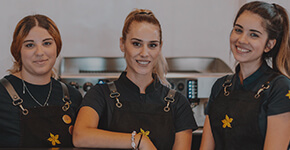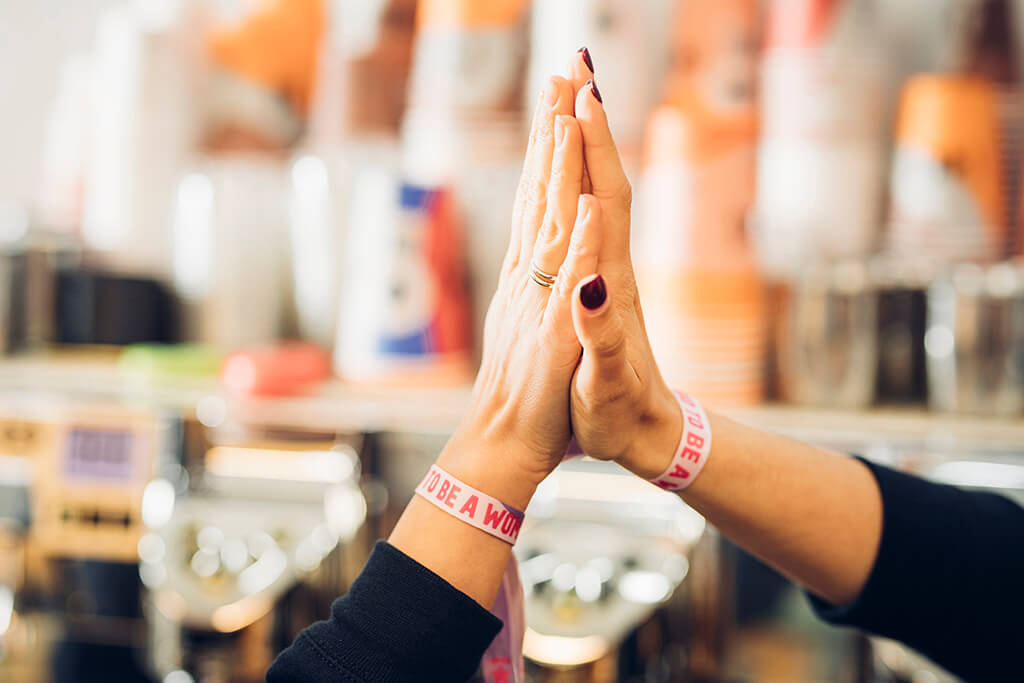Is there someone who is not familiar with the International Women’s Day? From Cambodia to our country, the whole world honors this day and knows that it is an opportunity for remembering the battles women have waged as they strived for change. What was the starting point? What is the contribution of women in our society? And, finally, what do we know about women who support the coffee industry?
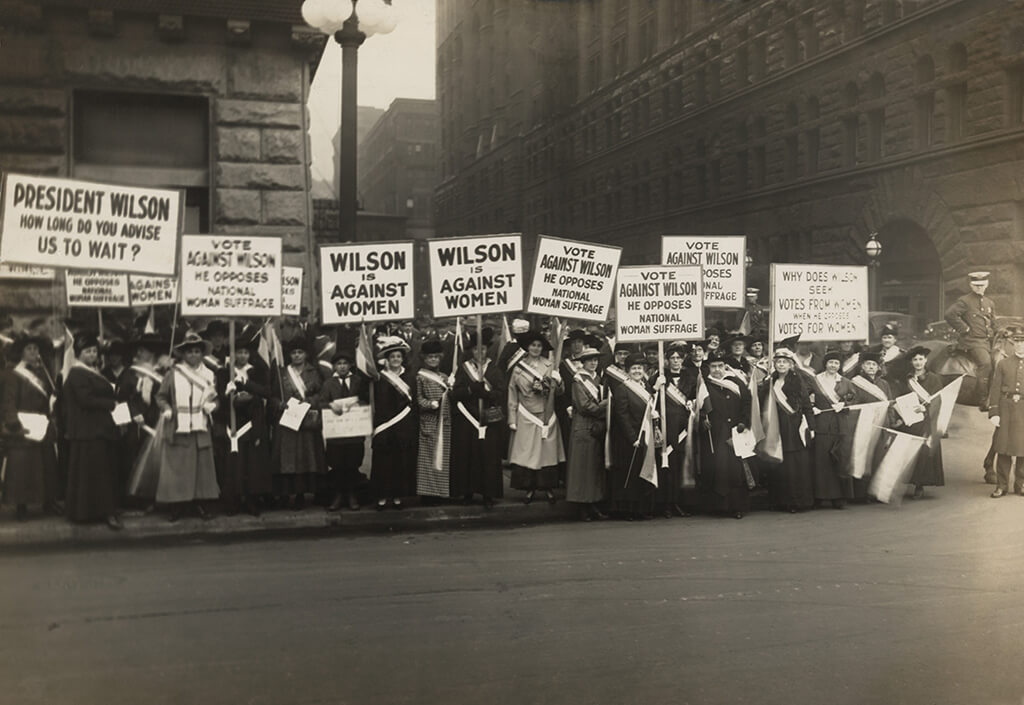
The start line…
February 1908, New York. 15000 women in the streets, garment workers on a strike-landmark for women’s emancipation. Their motto? “Bread and Roses”. What did they ask for? Something obvious: less working hours, a better pay and vote rights.
A year later…
The Socialist Party of America declared the first National Women’s Day and the next year, in an International Conference of Working Women, Clara Zetkin proposed to declare that day as “International”. In 1911, it was celebrated in Denmark, Austria, German and Switzerland. But it wasn’t officially recognized until years later, in 1975 by United Nations.
In revolutionary Russia, women were demanding “bread and peace” and won their right to vote! Subsequently, Alexandra Kolontay convinced Lenin to establish the 8th of March as the official holiday.
Many more countries followed the example Russia set and gradually many more rights were guaranteed. Just last year, the women of Saudi Arabia obtained equal public and working rights with men.

Today…
In Greece, certainly, great progress has been made. But, in numeric terms… only 1/5 of MPs are women and just 19 attained national leadership out of the 196 candidates. It’s clear that there’s so much more to be done!
In an Independent’s survey, the results showed that the wage gap will be solved in approximately 118 years, and that only 55 out of the 500 richest people in the world are women.
The main goal of the entire global community until 2030 is the infiltration of women, as a core, in the global economy.
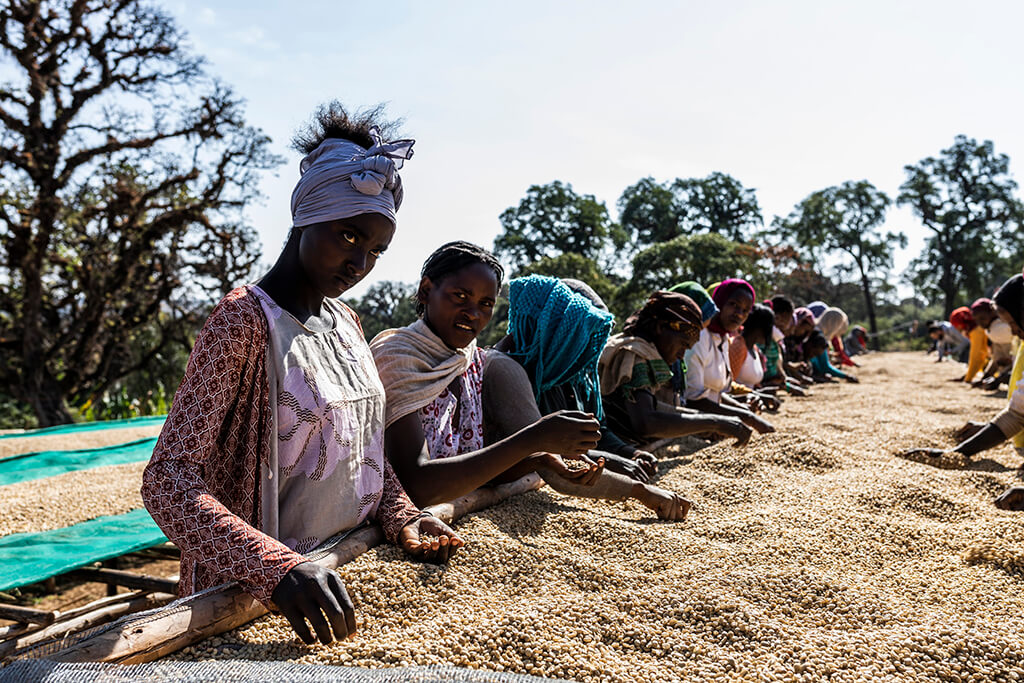
Strong women mean “strong” coffee…
For many women, the farm is their home. We enjoy our coffee in the office, in the streets, in our homes… but we never see theirs. We have no clue what’s behind our “cup”. We may ask baristi for more information, obviously, it’s not easy to see, the place where coffee is cultivated and harvested with our own eyes.
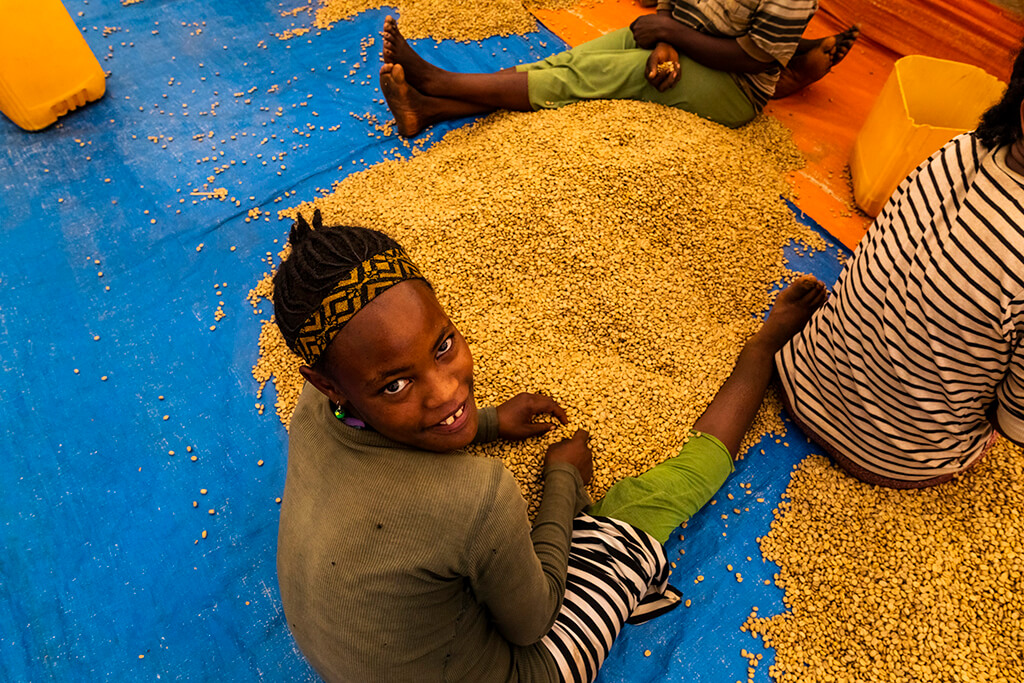
A tradition that passes on from generation to generation…
Women have always been a significant part of the coffee production process. As they grew up on their family farms, they developed – from an early age – multiple skills regarding coffee, such as picking the fruit, selection, drying methods and cultivation.
An example of coffee tradition passing on from generation to generation is the Ethiopian Coffee Ceremony. It’s a homage to coffee, performed by Ethiopian women, vital to their hospitality culture.
A young woman dressed in the traditional Ethiopian costume of a white dress with colored woven borders conducts the ornate ceremony. The ceremony is only performed by women as it is believed that only women can make the delicate and careful movements required in the ceremony. Family, friends and visitors get together to witness the performance and enjoy coffee.
Watch with your own eyes the reenactment of the ceremony and let it lure you to a journey to Ethiopia.
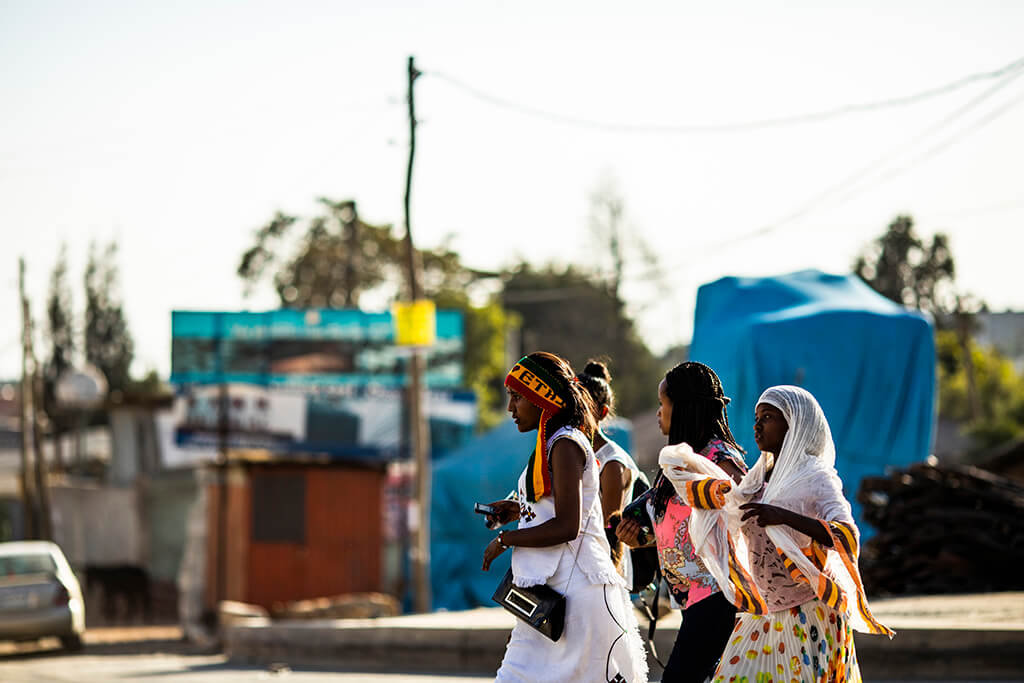
In reality though, the contribution of women has been underrecognized. The developed world may have made great leaps of progress, but in the developing countries, reality has moved far more slowly.
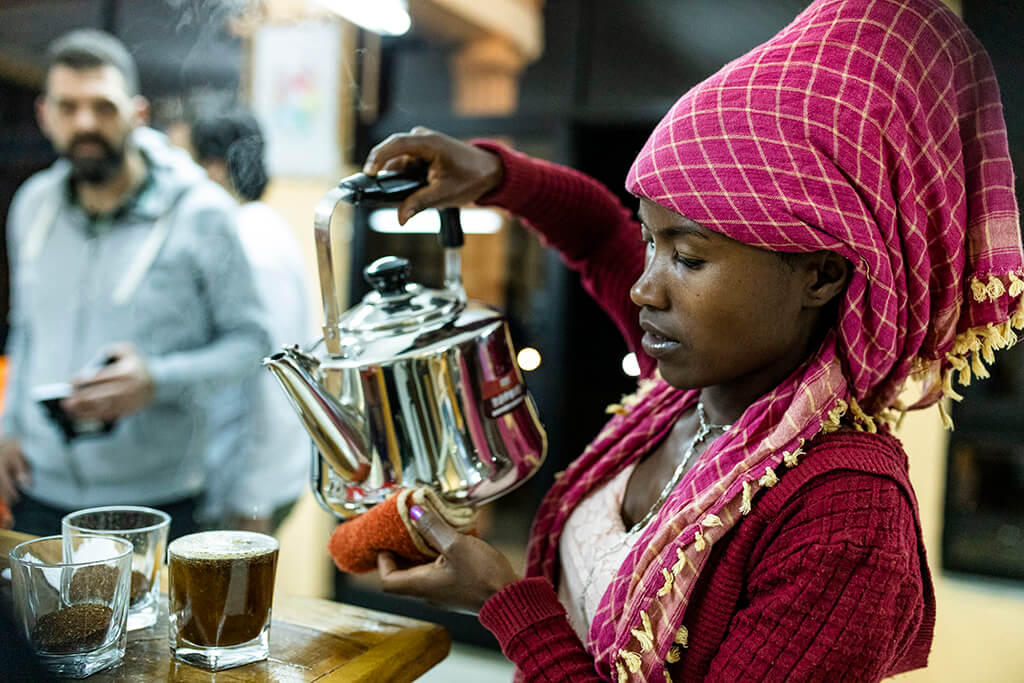
Of course, lately with the aid of International Women in Coffee Alliance (IWCA), the future appears brighter. Much more information has seen the light of publicity and many attempts have been made in order to give women the recognition they deserve. Some of the problems they encounter are unequal access to funds in relation to men and the lack of support.
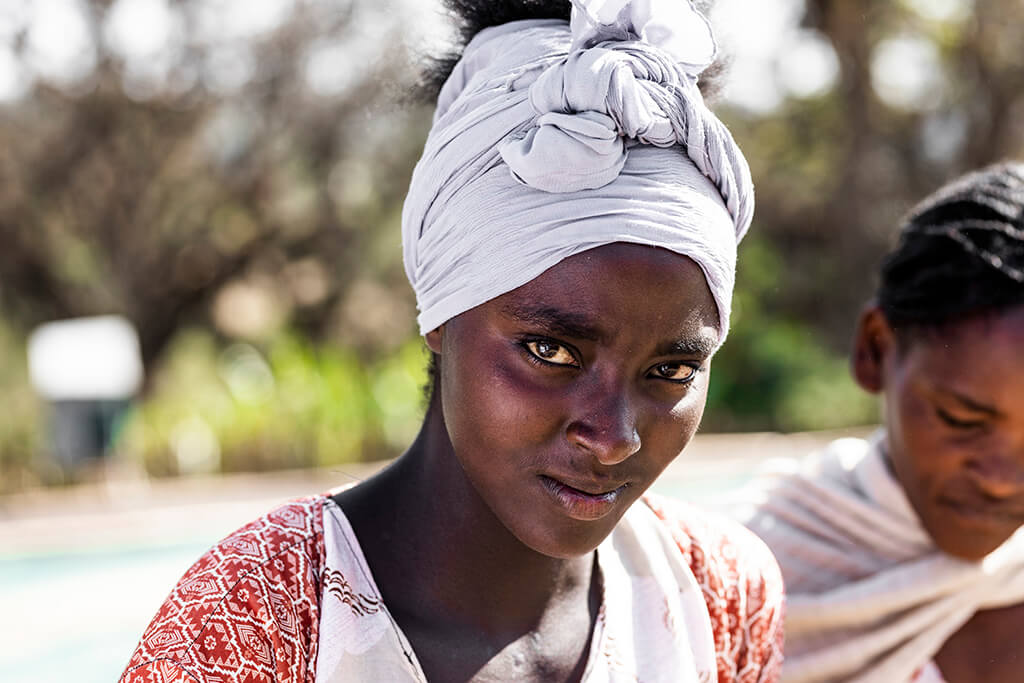
A step further…
Hooray to the new generation of women. Motivated, with a leadership role and a personality that inspires the coffee communities, they aim for social improvement, while setting new quality standards, establishing fair trade, as well as gender equality.
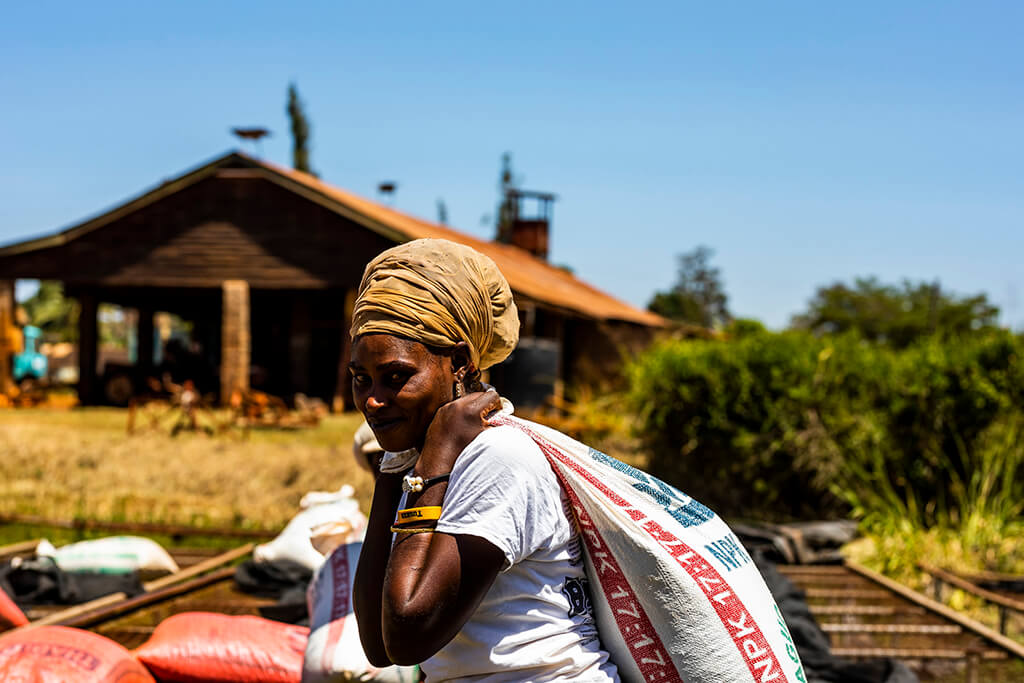
Research shows that granting valuable funds to women helps improve education, health and diet and even more importantly impacts the community as a whole. By going beyond the limits of traditional gender roles it’s clear that women positively affect production and, at the end of the day, sales.
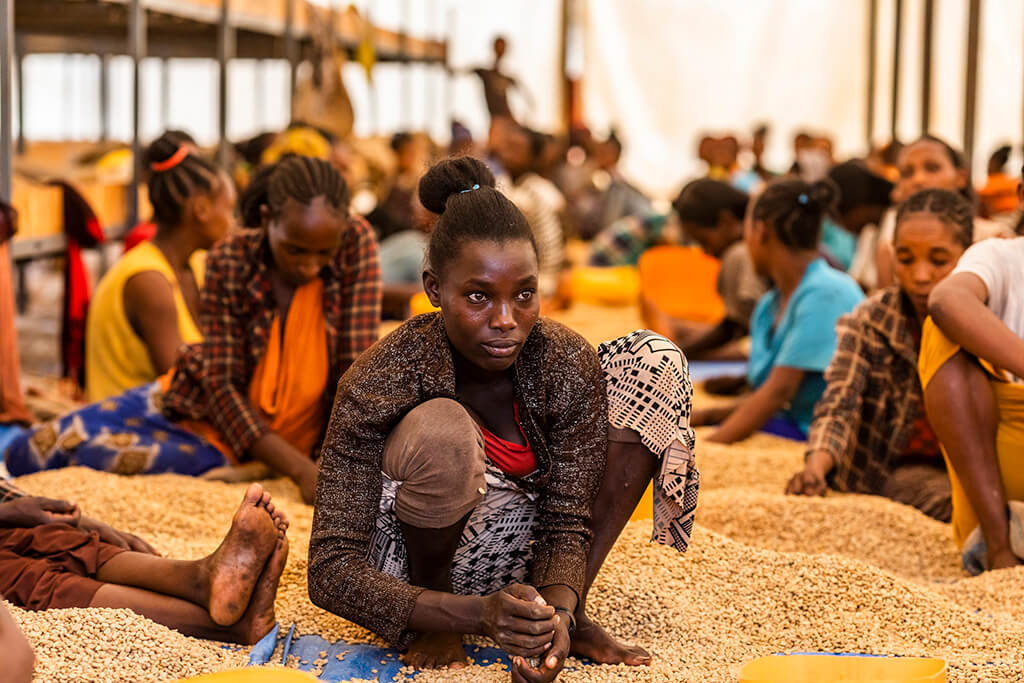
In coffee industry women can always find their place!
From the farms to the espresso bars, from the delivery motorbikes to even the woman who indulges in the daily pleasure of coffee at home or in the workplace: the coffee industry is making great strides against discrimination and in favor of women’s rights!

Where we stand…
For us, the common ground is coffee. We don’t differentiate based on gender and we always strive for fairness. Through Direct Trade, we buy directly from the producers to financially support their community. We take a pro-active stance to encourage different opinions, and fresh ideas being expressed by everyone, in order to move forward and banish inequality in the coffee industry.

We stand by women who fight for their rights. This is our philosophy, and this is why we utterly support the women of our family, the Coffee Island family.
The 8th of March is a day for society, since equality means balance, equal opportunities and a unified community of people.
We believe in all of you! #ProudToBeAWoman














